When it comes to your monthly period, there are many things you can’t predict and don’t have power over.
However, there are other things that you can control. You can affect how you feel during your period and stay energised all week long instead of feeling tired or worn out.
Let’s find out how.
What exactly is a period?
A period is also a menstrual cycle. Menstruation is when blood and tissue come from your uterus, and comes out of your vagina. Normally, it happens every month for women about 3 to 7 days. A typical menstrual cycle is about 28 days. So, there will be about 28 days from the first day of your period to the first day of your next period. 28 days is an average number, but anywhere between 21 and 35 days is normal.
What is PMS?
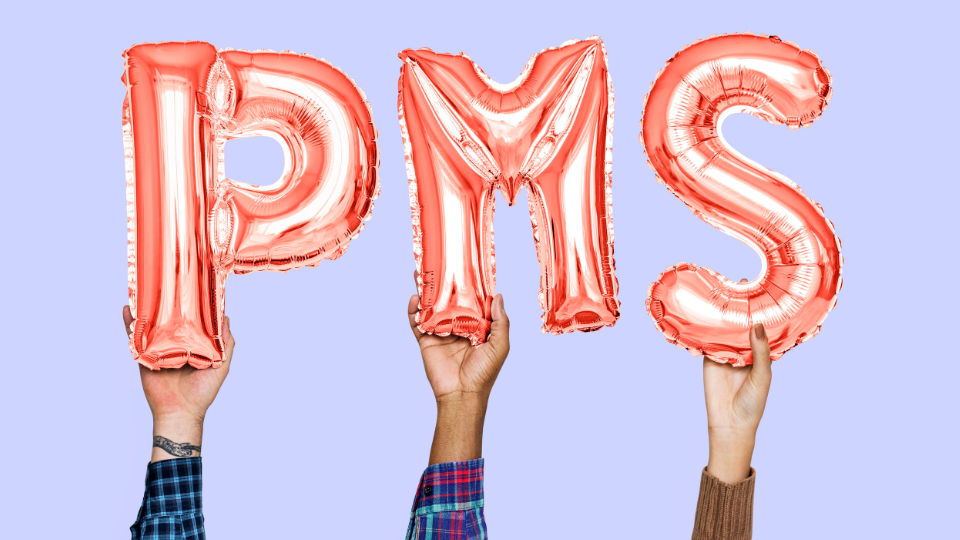
PMS is a combination of physical, behavioural, or emotional. The changes normally come around 1 to 2 weeks before your period starts, and they will go away.
Symptoms
Every woman has different symptoms in every month and it can change as you get older. So, it will be difficult to predict your symptoms before your period.
Physical Symptoms
- Bloated tummy
- Cramps
- Tender breasts
- Hunger
- Muscles aches
- Pimples
- Weight gain
- Constipation or diarrhoea
Emotional Symptoms
- Mood swings
- Depressed
- Tense or anxious
- Angry outbursts
- Can’t sleep
- Feel overwhelmed or out of control
Behavioural Symptoms
- Tired
- Loss of mental focus
How To Manage PMS?
There are different ways to solve your PMS.
- Get some exercise for about 30 minutes a day.
- Eat healthy foods such as whole grains, fruits, and vegetables.
- Try to get enough calcium from foods such as dairy, green leafy vegetables, and salmon.
- Avoid salt, caffeine, and alcohol.
- Don’t smoke.
- Get plenty of sleep.
- Work to lower stress.
- Track your moods and symptoms in a journal.
- Try over-the-counter pain relievers like ibuprofen, acetaminophen, or naproxen. Be sure to follow the dosing instructions.
What causes menstrual pain?
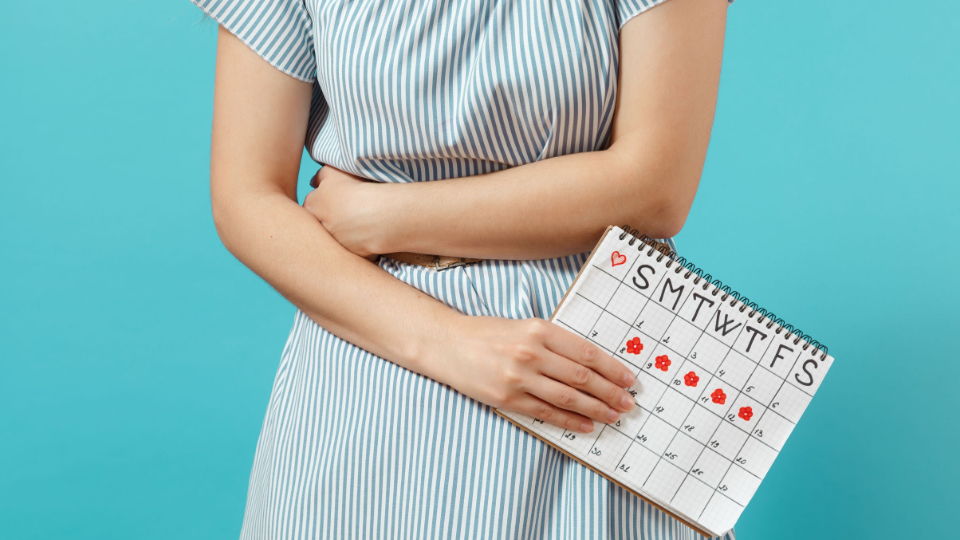
It will be difficult to identify the cause of painful menstrual periods.
The risks are:
- being under the age of 20
- having a family history of painful periods
- smoking
- having heavy bleeding with periods
- having irregular periods
- never having had a baby
- reaching puberty before age 11
Home Remedies to Relieve Menstrual Pain
At-home treatments can be helpful in relieving painful menstrual periods. These are some tricks that you can try at home:
- using a heating pad on your pelvic area or back
- massaging your abdomen
- taking a warm bath
- doing regular physical exercise
- eating light, nutritious meals
- practicing relaxation techniques such as yoga or pilates
- taking anti-inflammatory medications such as ibuprofen several days before you expect your period
- taking vitamins and supplements such as:
- vitamin B-1
- vitamin E
- omega-3 fatty acids
- calcium
- magnesium
- vitamin B-6
- reducing your intake of salt, alcohol, caffeine, and sugar to prevent bloating
Exercise During Menstrual Cycle
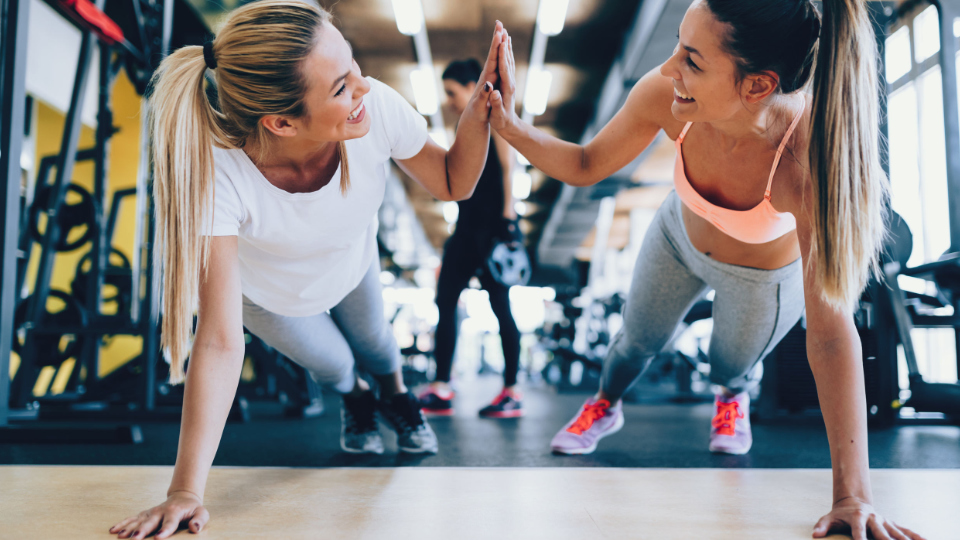
The question “Can I exercise during my period?” or “Is it okay to work out during my period?” has been floating in every woman thought. If you are concerned about how your period will affect your fitness routine, you are not alone.
Due to many reasons, women tend to skip working out during this time of the month. But actually, there is no reason to skip your workout from it.
Benefits of Exercising During Your Period
By doing your fitness regime during the time of the month can actually help with easing some of the common complaints that accompany menstruation. Being tired or less energetic is normal, but with that being said, avoiding exercise is not an option for you to save up your energy or make you feel better. So, include your workout during your period will benefit you instead.
Below are the benefits of exercising during period:
Decrease PMS Symptoms
If you experience fatigue and mood swings during your cycle, regular aerobic exercise may help to lessen these symptoms.
Enhance your mood
Generally, after exercising will make you feel better and increase your blood circulation. Exercise also tends to alleviate cramps, headache, or back pain associated with your period.
High in Endorphins
Exercise can elevate your mood and actually make you feel better. It also may help you to relieve uncomfortable periods. As Brandon Marcello, PhD, believes one of the main benefits of exercise while on your period is the endorphin release and workout “high.”
Best Exercises To Do During Period
Yoga and Pilates
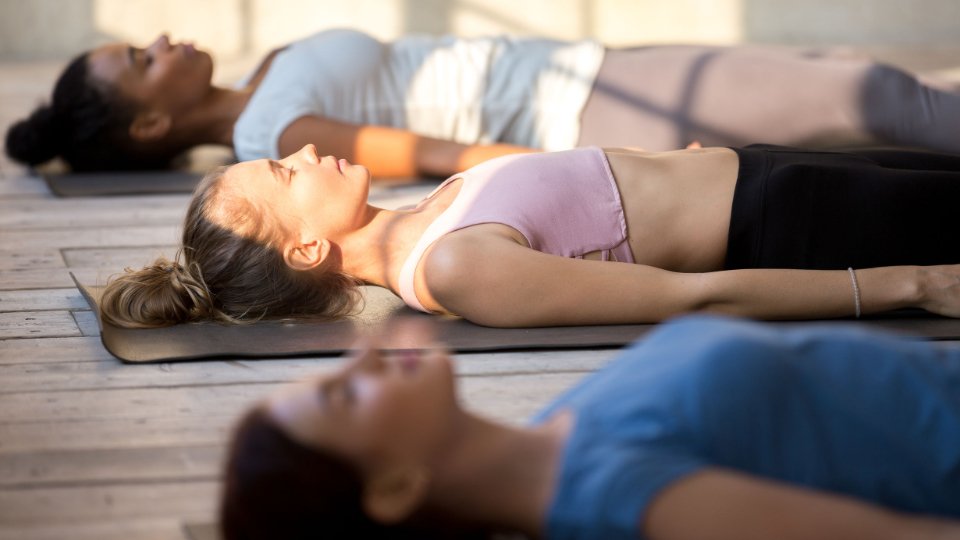
Your first to third days of your period is a great time for yoga and Pilates as it can help your body to relax and reduce the symptoms like cramping, breast tenderness, and muscle fatigue or soreness.
These are the few poses that help relieve bloating, PMS, and heavy bleeding:
- Bow Pose
- Bridge Pose
- Camel Pose
- Dolphin Pose
- Downward-facing Pose
- Extended Side Angle Pose
- Reclining Bound Angle Pose
Light Cardio
If you are thinking to hit full speed during your period. Better not, it is best to keep your cardiovascular or aerobic exercise at a lower intensity. Do consider doing light cardio, walking, or shorter bouts of aerobic exercise. There’s research supporting the idea that your lungs work better later in your cycle, so consider keeping that type of training for the end of your period.
Exercises That You Should Avoid
If you feel tired or not feeling well, do cut back your intense workout/cardiovascular or endurance-type training. So, if you do not experience any soreness and pain, you can go ahead and continue your normal fitness routine.
But be mindful that your body is making adjustments, so it might not be able to perform as usual. Do give yourself a break and take it easy.
Foods to Eat During Menstrual Cycle
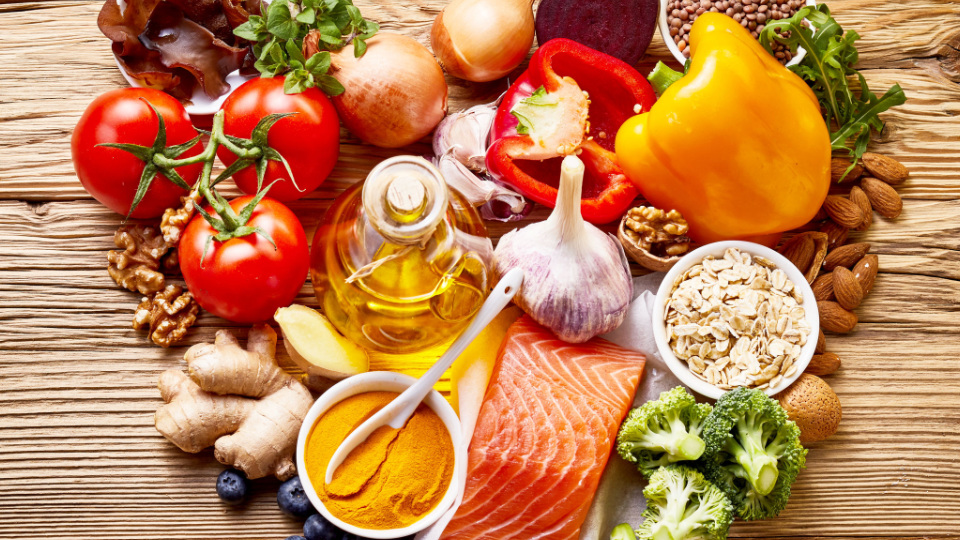
Many women have uncomfortable symptoms during their menstruation cycle. These foods can help lessen the symptoms.
What To Eat
1. Water
It is important to stay hydrated by drinking lots of water, especially during your period. Also, by drinking water, it can help you to stop you from retaining water and bloating.
2. Ginger
By drinking ginger tea, it can soothe your achy muscles as it has anti-inflammatory effects. Ginger also can reduce nausea, if you are feeling unwell. But do not consume too much ginger as it could cause heartburn and stomachaches.
3. Fruits
Eating fruits will hydrate your body and curb your sweet craving without indulging a lot of refined sugars, which can spike up your glucose level and crash.
4. Leafy Green Vegetables
If your iron levels are dropping, it is completely normal to experience that during your period, particularly if your menstrual flow is heavy. This can lead to fatigue, bodily pain, and dizziness.
So, make sure you eat enough leafy green vegetables such as kale and spinach that can boost your iron levels. Spinach is also rich in magnesium.
5. Fish
Fish like salmon has rich in iron, protein, and omega-3 fatty acids. During your period, it can help to counteract the dip in iron levels that you might experience while menstruating. Omega-3s can help reduce the intensity of your period pain and depression. So for those who experience mood swings and depression around menstruation, omega-3s may be helpful.
6. Yoghurt
Probiotic-rich foods like yogurt can nourish the “good” bacteria in your vagina and may help you fight the infections. Also, yogurt is also rich in magnesium and other essential nutrients, like calcium.
7. Peppermint Tea
Drinking peppermint tea can help soothe the symptoms of PMS. Specifically, it can relieve menstrual cramps, nausea, and diarrhoea.
8. Dark Chocolate
Have a sweet tooth? Indulge the bittersweet dark chocolate as it is a tasty and beneficial snack for everyone. Dark chocolate contains iron and magnesium as a 100-gram bar of 70 to 85 percent dark chocolate contains 67 percent of the recommended daily intake (RDI) for iron and 58 percent of the RDI for magnesium. A 2010 study found that magnesium do reduce the severity of PMS symptoms. According to a 2015 study, people with magnesium deficiencies were more likely to have severe PMS symptoms.
What Not To Eat
1. Alcohol
Drinking alcohol during your period is a no no. Alcohol can exacerbate the symptoms of your period. It can dehydrate your body, which can worsen headaches and cause bloating. It can also lead to digestive issues, such as diarrhoea and nausea.
2. Salt
Consuming lots of salt can lead to water retention, which can cause bloating. So, do not add lots of salt in your foods and avoid highly processed foods that contain a lot of sodium.
3. Sugar
Consuming sugar in moderation is OK, but consuming is too much can cause a spike in energy followed by a crash. This can give you a mood swing such as moody, depressed, or anxious during your period, watching your sugar intake can help regulate your mood.
4. Coffee
Coffee lover, you will have to lower your caffeine as it can cause water retention and bloating. It can also worsen headaches. But, do not cut off caffeine completely as withdrawal can cause headaches. Coffee might cause digestive issues. So, if you tend to get diarrhoea during your period, reduce your coffee intake could stop this from happening.
Conclusion
Be cool, relax and stress free during your period. By reducing your stress levels can help to relieve premenstrual symptoms. Get adequate amounts of sleep. You can also do yoga to practice deep breathing or muscle relaxation exercises to reduce symptoms of anxiety, insomnia, headaches or cramps, whichever suits you best.
If you do not feel like doing any exercises, you can go for a massage to relax your muscles and mood. Also, if you realised your menstrual cycle is irregular, do seek a doctor for help as soon as possible.
Featured Photo Credit: 123RF





